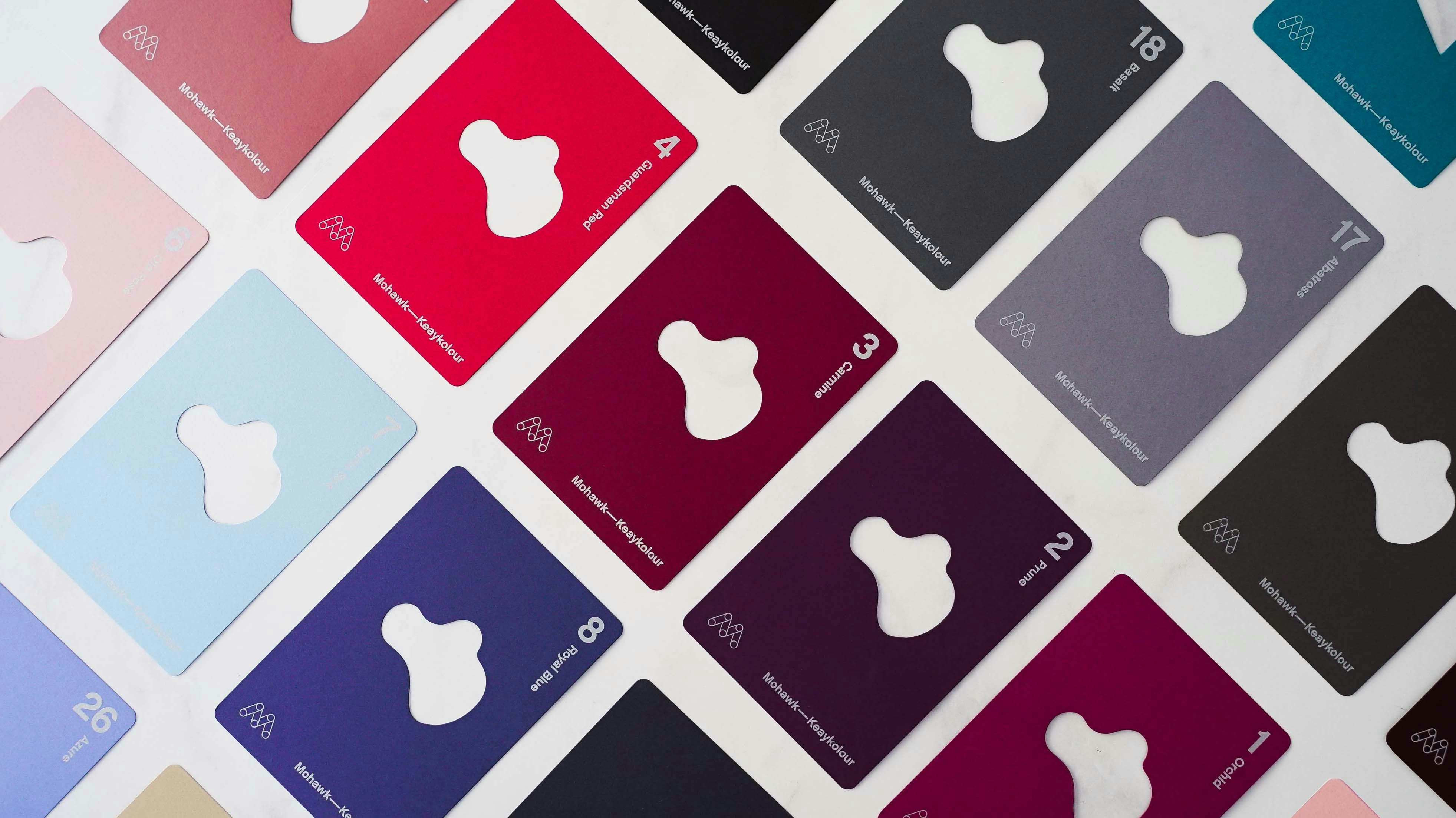How Responsive Web Design Drives Business Success in 2025
Responsive web design isn’t just a trend. It’s a must-have for businesses aiming to engage users on any device.
Discover why responsive design isn't just a technical requirement—it's a crucial business strategy that directly impacts your bottom line.
Picture this: A potential customer discovers your business on their smartphone, but instead of finding a seamless experience, they encounter tiny text, misaligned images, and frustrating navigation. Within seconds, they're gone—possibly forever. In today's multi-device world, this scenario costs businesses millions in lost opportunities.
Ready to create a website that works perfectly on every device? Let's talk
The Mobile-First Reality
Recent studies show that over 60% of web traffic comes from mobile devices, yet many businesses still treat mobile optimisation as an afterthought. This disconnect creates a crucial opportunity for forward-thinking companies to gain a competitive edge through responsive design.
Understanding Responsive Design
Responsive web design isn't just about making your website "mobile-friendly"—it's about creating an experience that adapts seamlessly to any device, screen size, or orientation. This approach ensures your content remains accessible and engaging, whether viewed on a smartphone during a commute or on a desktop at work.
Want to ensure your website performs perfectly across all devices? Let's discuss your needs
The Business Impact of Responsive Design
1. Enhanced User Experience Drives Revenue
The numbers tell a compelling story:
73% of users switch devices while completing a task
57% won't recommend businesses with poor mobile sites
88% of users are less likely to return after a bad mobile experience
A responsive design ensures consistency across all touchpoints, maintaining user engagement and increasing the likelihood of conversion.
2. Mobile SEO: A Critical Success Factor
Google's mobile-first indexing has transformed the SEO landscape. Websites that perform well on mobile devices receive preferential treatment in search rankings, directly impacting your digital visibility. Our data shows that responsive websites typically see a 15-35% improvement in search rankings within months of implementation.
3. Conversion Rate Optimisation
The relationship between responsive design and conversion rates is clear:
Mobile-optimised sites see 64% higher conversion rates
Responsive design reduces bounce rates by up to 40%
Average order value increases by 23% on mobile-optimised sites
Ready to boost your conversion rates? Let's create your responsive website
Real-World Success Stories
E-commerce Revolution
A fashion retailer implemented responsive design, achieving:
35% increase in mobile conversions
25% reduction in bounce rates
50% increase in average session duration
B2B Lead Generation Transformation
A professional services firm saw remarkable results:
80% increase in mobile lead submissions
40% improvement in page load times
60% increase in pages per session
Strategic Implementation Guide
1. Mobile-First Development
Start with mobile design and scale up, ensuring core functionality and content are prioritised across all devices. This approach aligns with how most users experience your website and ensures optimal performance where it matters most.
2. Performance Optimization
Speed is crucial for mobile success:
Optimize images automatically for different devices
Implement lazy loading for better performance
Use modern compression techniques to reduce load times
3. Touch-Friendly Navigation
Design for fingers, not mouse pointers:
Ensure buttons are at least 44px × 44px
Space interactive elements appropriately
Create intuitive touch navigation patterns
Need expert guidance on responsive design? Let's create your strategy
Future-Proofing Your Digital Presence
Emerging Technologies
As new devices enter the market, responsive design ensures your website remains effective:
Foldable smartphones
Various tablet sizes
Smart watches and IoT devices
Analytics and Improvement
Responsive design simplifies tracking and optimization:
Unified analytics across devices
Clearer user journey mapping
Simplified A/B testing
Social Media Integration
Modern responsive design considers social sharing:
Optimised preview images for all platforms
Consistent branding across devices
Enhanced sharing functionality
The Investment Perspective
While implementing responsive design requires initial investment, the returns are significant:
Reduced maintenance costs
Higher conversion rates
Improved brand perception
Better search engine rankings
Ready to invest in your digital future? Let's discuss your responsive design project
Transform Your Digital Presence
In today's multi-device world, responsive design isn't optional—it's essential for business success. By ensuring your website performs flawlessly across all devices, you're not just improving user experience; you're investing in your business's future.







